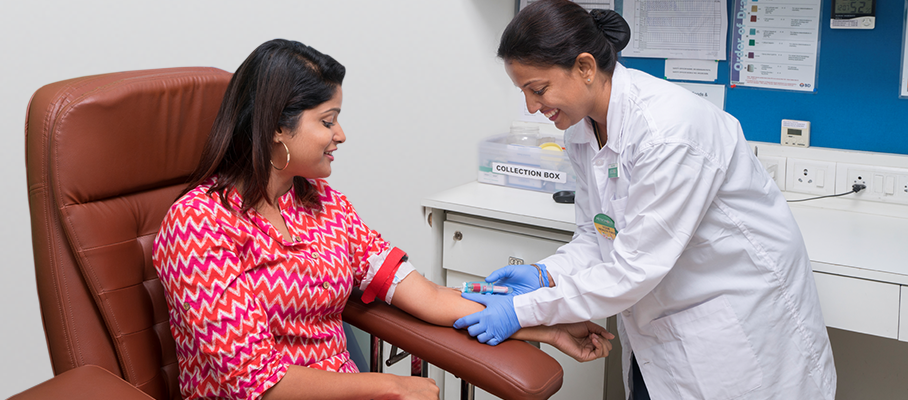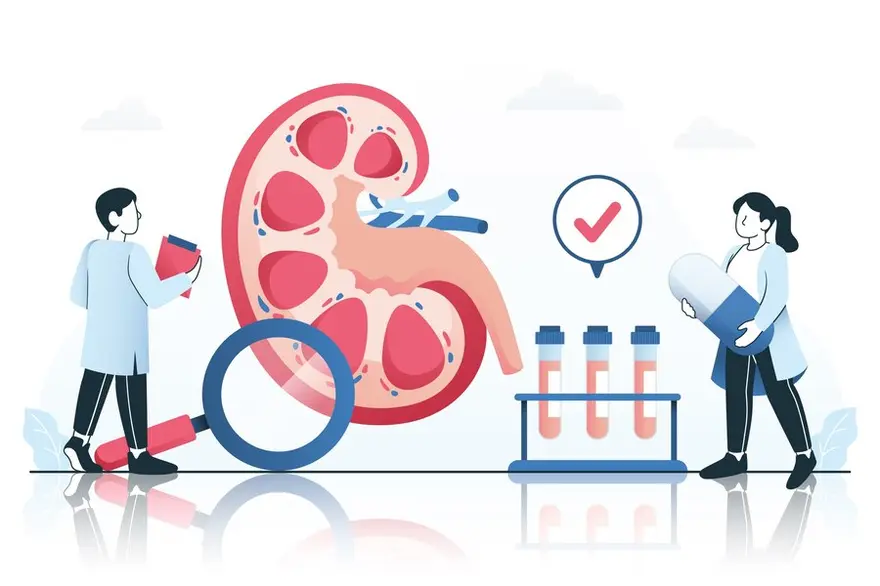Lifestyle
10 Important Health Tests for every Woman
6780 Views
1

Body mass index: This one is easy. There are numerous apps and online BMI Calculators that can calculate this for you. All you need to key in is your height and weight. A BMI on the higher side indicates obesity, which can assess the risk of serious health conditions like diabetes and heart disease.
Anaemia: Studies done by Metropolis suggest that 1 in 2 Indian Women are anemic. A largely vegetarian meal coupled with lack of awareness has led to the increasing trend in Anaemia. It is important to know you root cause of anaemia to efficiently treat it. Unusual exhaustion and dizziness indicate anemia. Read more about anaemia here.
Vitamin Deficiency: Indian women are deficient in Vitamin D and B12. To lead a healthy life, it is important for you to check the status of your vitamins and take corrective action. A deficiency in Vitamin B12 for women who are planning for a pregnancy or are pregnant could result in serious consequences. Vitamin D is extremely critical to bone health and calcium absorption. We recommend all women to get their vitamin levels checked.
Blood pressure screening: This is an extremely important and an easy screening to perform. It is generally believed that BP screening needs to begin post 40s but this is a test that needs to be done every two years starting at age 18. This health screening involves wrapping a cuff around the arm and pumping it up tightly. Ideal blood pressure for women is less than 120/80 mmHg (millimeters of mercury).
Blood glucose tests: Women should get a blood glucose test every three years starting at age 45 to test for diabetes or pre-diabetes. Before age 45, you may need to have your blood glucose levels tested if you have symptoms of diabetes or several risk factors. Your blood sample can be taken and tested at your doctor’s office or a lab. The range of normal test results can vary, but generally a test result of 100 mg/dL or higher indicates pre-diabetes or diabetes.
Cholesterol check. Women should have their cholesterol checked at least periodically post 25. If the results are normal, the AHA recommends testing once in three years. This screening is important for decreasing your risk of heart disease and is a very simple blood test. The ideal level is below 200 mg/dL (milligrams per deciliter) for total cholesterol.
Pap smears and pelvic exams: Recommended to begin at 21 or even earlier if you are sexually active, this is an important test to reduce risk of cervical cancer. Cervical cancer is the second leading cause of death in women due to cancer and this can be entirely avoided by regular screening. . Barring any problems, women age 30 and older only need a Pap smear every three years if they have had three normal tests in a row.
Mammograms and breast exams: All prevention tests start early and so is Breast Cancer. A manual exam where a doctor tests for lumps and abnormalities is recommended starting around age 20 up to until 40. A mammogram is a screening test for breast cancer and involves applying moderate compression to the breasts so that X-ray images can be captured. Mammograms are done every one or two years beginning at age 40 as recommended by the American Cancer Society
Bone density screen: Women should start getting screened for osteoporosis with a bone density test at age 65. Women with risk factors for osteoporosis, such as having a slender frame or a fractured bone, should be screened earlier. For this test, you lie on the table while a scanning machine takes X-ray images of certain bones in your body. Healthy bones show a T-score (the measurement used to describe your bone density) of -1 or higher. The frequency of this health screening varies from woman to woman based on bone density and risk factors.
Colon cancer screening: It is ideal to begin screening at age 50 and is typically performed once in five or ten years depending on the technique used. There are multiple screening tests for Colon Cancer, one of the traditional kind is called sigmoidoscopy, a procedure in which a lighted tube along with a camera are inserted through the anus to look at the lower part of the colon. While on the other hand, a colonoscopy involves a longer tube to examine the entire colon. With normal results, a flexible sigmoidoscopy needs to be repeated every 5 to 10 years and a colonoscopy only every 10 years. The non-invasive virtual colonoscopy is another option. People with a greater risk of colon cancer may need earlier or more frequent cancer screening tests.
 Home Visit
Home Visit Upload
Upload














1701259759.webp)









 WhatsApp
WhatsApp
THANKAM SREEKUMARAN
19 Nov 20 08:01 amAre you rendering services for blood test sample collection at door?